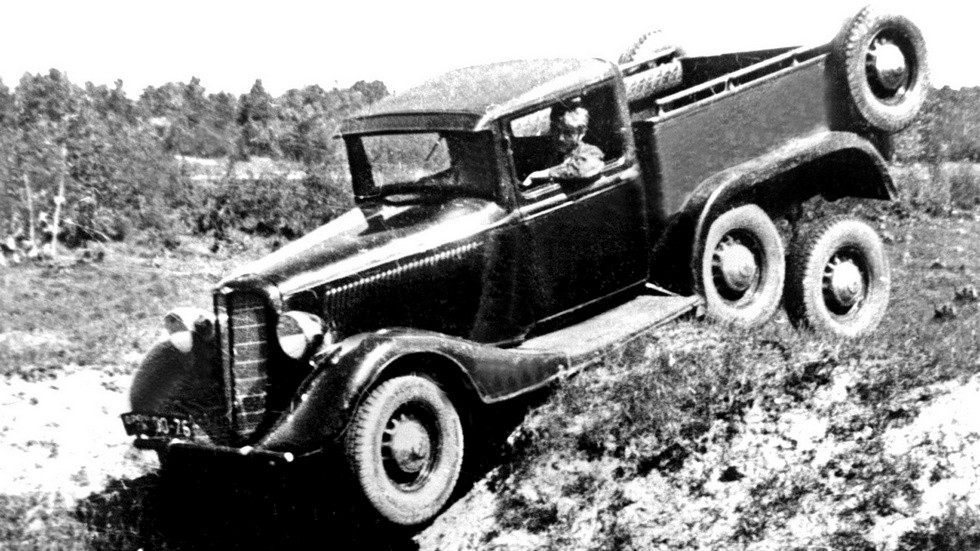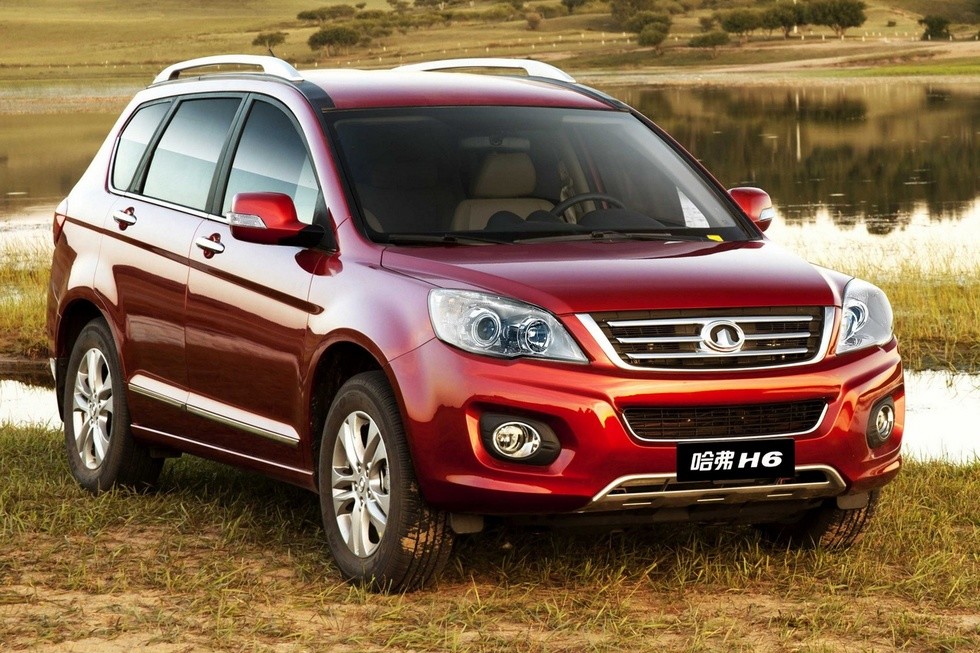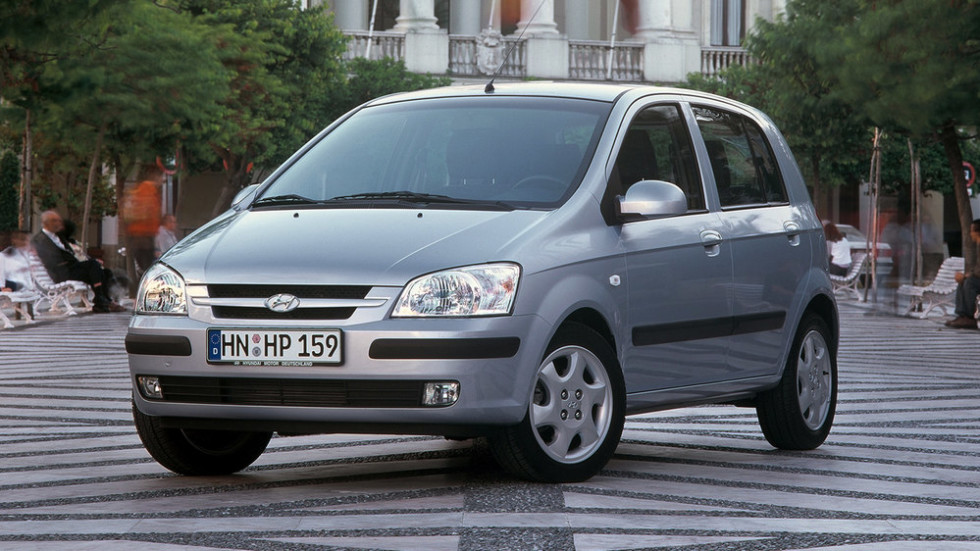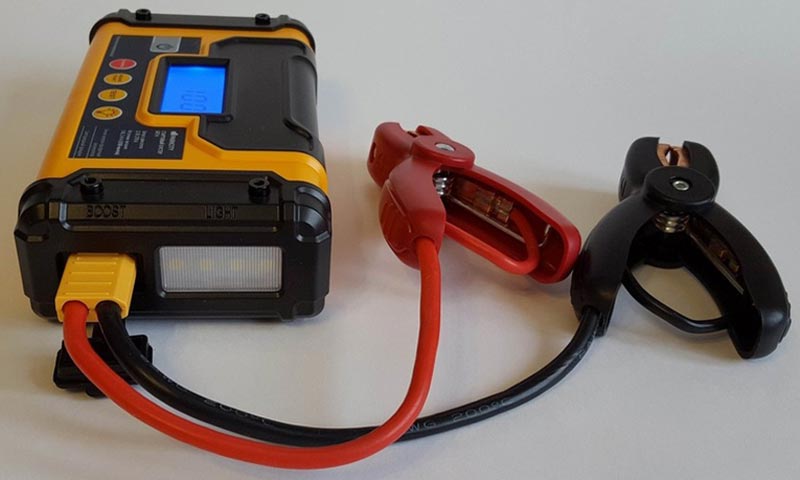More powerful than the Pagani Zonda: is it worth buying a Mercedes-Benz W140 Brabus 7.3
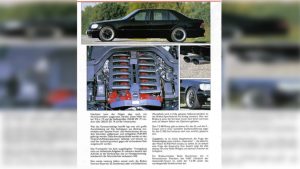 While in AMG they sharpened their teeth and blocks for Zonda, their colleagues at Brabus did not sit idle either. Having accumulated a considerable amount of experience in working with Mercedes engines since 1977, the Germans met the twelve-cylinder M120 that appeared in 1991 with the most sincere delight – in the sense that they immediately dismantled it and squandered it. They didn’t become embarrassed with the volume – this is how a 7.3-liter unit with a forged piston, modified inlet and outlet and other “hand applications” appeared, which brought its power up to 574 hp and torque – up to 772 Nm! Just do not forget that in order to reach the peak moment, the motor will need to be cranked up to 5,750 r / min – because it is atmospheric.
While in AMG they sharpened their teeth and blocks for Zonda, their colleagues at Brabus did not sit idle either. Having accumulated a considerable amount of experience in working with Mercedes engines since 1977, the Germans met the twelve-cylinder M120 that appeared in 1991 with the most sincere delight – in the sense that they immediately dismantled it and squandered it. They didn’t become embarrassed with the volume – this is how a 7.3-liter unit with a forged piston, modified inlet and outlet and other “hand applications” appeared, which brought its power up to 574 hp and torque – up to 772 Nm! Just do not forget that in order to reach the peak moment, the motor will need to be cranked up to 5,750 r / min – because it is atmospheric.
By the way, 330 km / h on the speedometer is not for smart words: although on the S-class the electronic speed limiter was set at around 250 km / h (with an allowable maximum speed of 305 km / h), the E-class in the back of the W210 with this engine in 1996 set a Guinness record as the fastest sedan in the world, gaining 330 km / h! But what to say – even Pagani Zonda S 7.3 with the same M120 engine, but a trained AMG studio, had “only” 547 hp. and 750 Nm of torque.
But if you have already submitted an application for a loan, you can cancel it: it is even more difficult to maintain a twelve-cylinder Mercedes than to find one in decent condition. The M120 engine is not only huge, powerful and heavy, but also complex in design and extremely expensive to maintain and repair. All-aluminum construction eliminates the simple repair of “iron”, and even simple, in general, re-piloting with replacement of the piston will be very expensive. In addition, the GRM resource here is much more modest than you expect from the “true German quality”: not 300, but “only” 120-180 thousand kilometers.
Of course, the engine is extremely demanding on the condition of the oil and the quality of the air and fuel offered to it. And the separate Bosch LH-jetronic control systems for each of the two rows of cylinders come to the real owners of these cars in nightmares – very few people like painfully looking for these elements in foreign disassemblies first, and then giving 50-70 thousand for each of the control units and 15 -25 thousand for each of the ignition modules, and second-hand (prices for new control units start at 90 thousand and go to three-digit amounts). Multiply all these difficulties with the mechanics and control electronics by the fact that the motor is pretty forced – and you get the perfect black money hole that will easily absorb any amount that you have.
However, this particular instance will upset a potential buyer not only with the supernatural price of 19 million and the exorbitant expenses for repair and maintenance, but also with an interior that looks suspiciously fresh for such an old Mercedes, even with the stated mileage of 34 thousand kilometers. And between the front seats lurked a hefty box, which integrated the screen is too flat and beautiful for 1996. In general, as we know, the classic is valued precisely for its originality, and this originality is now pretty lacking here. But if you are going to sell your W222 to transfer to the W140 as an everyday car, then perhaps the snow-white skin and fresh multimedia will make you happy.
In our opinion, this W140 Brabus 7.3, unfortunately, has lost its authenticity – but if the tastes of the tuners working on it coincide with the tastes of the new owner, he has all the chances to continue living the life for which he was born back in 1997. True, for this, the potential new owner must fall in love with him enough to give him an amount in excess of the cost of the new S-class. And in return, Brabus will offer the highest uniqueness: such machines appear on sale by the piece, and now only one such representative of the elite of the three-beam society is on sale.

